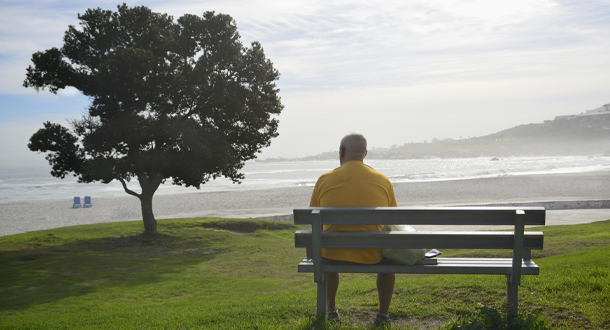
Scripture:
Exodus 16:1-5, 9-15
Matthew 13:1-9
Reflection:
In today’s first reading the children of Israel are grumbling against Moses and Aaron. “…you lead us into the desert to die of famine!” Then the Lord said to Moses, “I will now rain down bread from heaven for you.” (Exodus 16:2,3,4)
After complaining and grumbling they noticed a white substance on the early morning ground. It was manna to make bread. For many of us this past Covid year may have seemed like a desert journey easy to grumble but “each of us challenged to search for manna daily to nourish our spirits”. (Patricia Livingston, Living Faith, July, August, September 2021, July 21, 2021.)
What are the ways that you and I can nourish our spirit when we might feel sad, depressed and down? Some examples would be increase time for prayer, practicing mindfulness of the moment, taking relaxing walks, taking time to read scripture daily, volunteering to help others.
The gospel of today is about the Sower and the seed. St. Lawrence of Brindisi, whose feast we celebrate today, states “The seed is the Word of God, who is the highest good and supreme goodness. The seed which he sows, therefore, cannot be anything but good seed”. (From Lenten Sermons, , Volume II (Part I)Vernon Wagner, O.F.M. CAP. Tr. Pp. 54-55, 56,57, 58. Copyright 2007, Media House, Delhi India, www.mediahouse.online.) The important question is what kind of seed have I been sowing? I have found by performing “random acts of kindness” such as opening a door for others or unhooking the grocery cart, sanitizing the handle, and giving it to an elderly person brings a warm smile to their face. To me, this is sowing the good seed and receiving manna to nourish our spirit.
Carl Middleton is a theologian/ethicist and a member of the Passionist Family.







